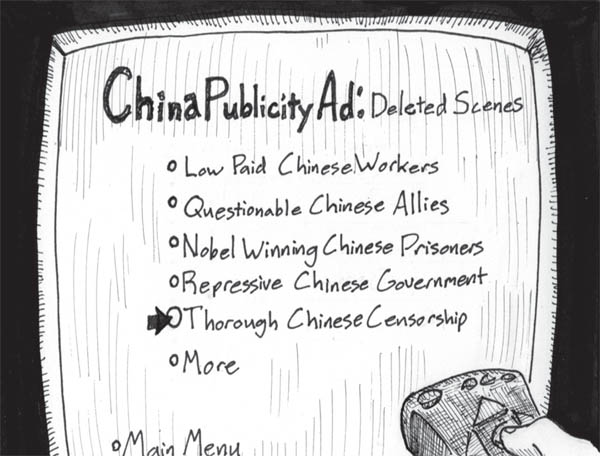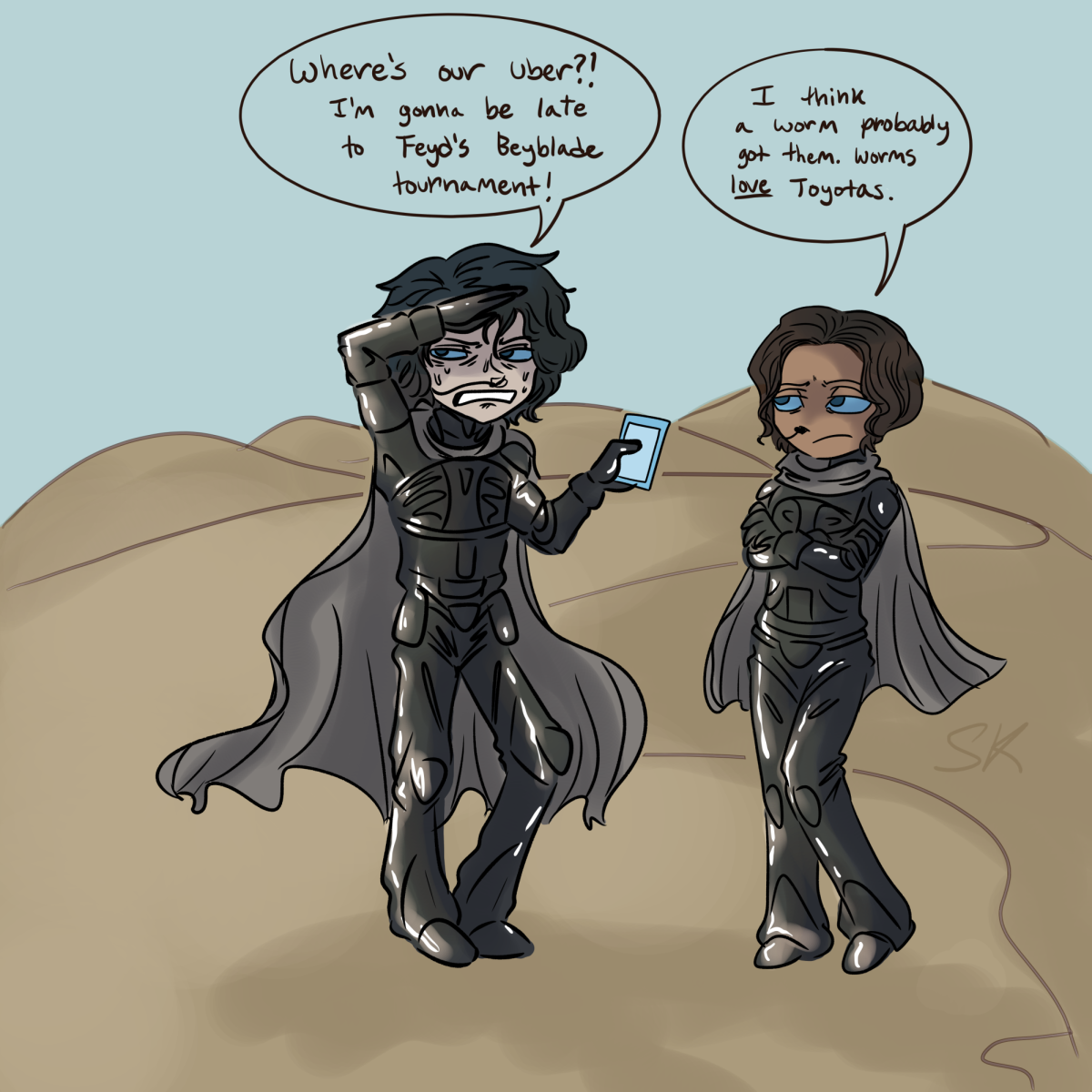People walking around Times Square a few weeks ago were treated to something new among the billboards and product ads beaming at them from above: an ad for China’s culture. The ad, intended as a part of a campaign to improve China’s image in the United States, coinciding with Chinese President Hu Jintao’s January visit to the United States, features many different famous Chinese people under several different banners, like “Thrilling Chinese Athletics” and “Chinese Wealth.” But in addition to exciting the New Yorkers and tourists walking Manhattan, the ad also stirred up quite a bit of controversy, both in China and in the United States.
The 60-second ad runs 300 times a day in Times Square, 15 times per hour, a total of 4,800 times over four weeks until Valentine’s Day. Though it does show many positive aspects of Chinese culture, the most controversial aspect about it seems to be the people who were included –– and not included –– among the people featured.

Three people featured in the video, pianist Lang Lang, diver Guo Jingling and Asia’s richest man, Li Jiacheng, are Hong Kong citizens. At least three others –– volleyball player Lang Ping, basketball player Yao Ming and actress Zhang Ziyi –– are permanent U.S. residents. Perhaps the most shocking, however, is that three others –– Phoenix Satellite TV anchor Chen Luyu, composer Tan Dun and Kung Fu star Zhen Zidan, all featured in the video –– are American citizens.
Though all may be ethnically Chinese, the implication in the video that all are Chinese citizens is a bit misleading. Even the video’s premise is a bit odd: a public relations campaign in another country on behalf of a government by promoting the culture of that government’s nation. The fact of the matter is, no matter how great the culture of a nation, it does not necessarily speak to the character or ethics of its government.
Though for many people the Chinese ad may seem innocent enough, for others it’s impossible not to think of one person in particular intentionally left out of the video – Nobel Peace Prize Winner and human rights attorney Liu Xiaobo, a man currently serving an 11-year sentence in a Chinese prison for “inciting subversion of state power.”
Liu is a dissident of the Chinese government, advocating for human rights and speaking out against the one-party system. At the awards ceremony in Norway, his prize certificate was placed on an empty chair. Since then, relations between Oslo and Beijing have been strained.
On Jan. 20 , three days after the Chinese ad began airing in Times Square, President Hu declared at a White House press conference that “China is always committed to the promotion and protection of human rights.” The facts, though, contradict this.
The intentions behind the seemingly harmless 60-second ad may have been noble: improve China’s image by promoting its culture. But instead, it merely shed light upon China’s many problems: human rights abuses, government-controlled media and a lack of democratic principles within the nation. Though the culture may be great –– this writer happens to agree that it is –– the government, unfortunately, is not.
Many international human rights organizations have loudly criticized China’s human rights violations,citing the social status of Tibetans and the Chinese government’s restrictions on the Buddhist religion, the lack of protections of religion, speech and movement of its citizens and a continued lack of due process and other legal rights for its citizens.
Hu Depu, another Chinese activist working for more freedom and rights in China, was beaten by police officers this past Monday, Jan. 25, shortly after being released from prison after an eight year sentence. Hu was in prison for the same charge as Liu, “inciting subversion of state power.” Hu was then told shortly after the beating that he was required to not speak out against the government for two years.
Until the Chinese government is willing to reform itself into one that the people can live happily under, no amount of 60-second ads in Times Square or anywhere else is going to change the international community’s opinion of the government. The government’s record of human rights abuses and systematically attempting to silence its dissidents loudly speaks for itself and across the international community.
Hopefully, people like Liu and Hu will eventually succeed as they strive to make changes from within the nation. Then, maybe China can have a government as inspiring and as influential as its culture.
























